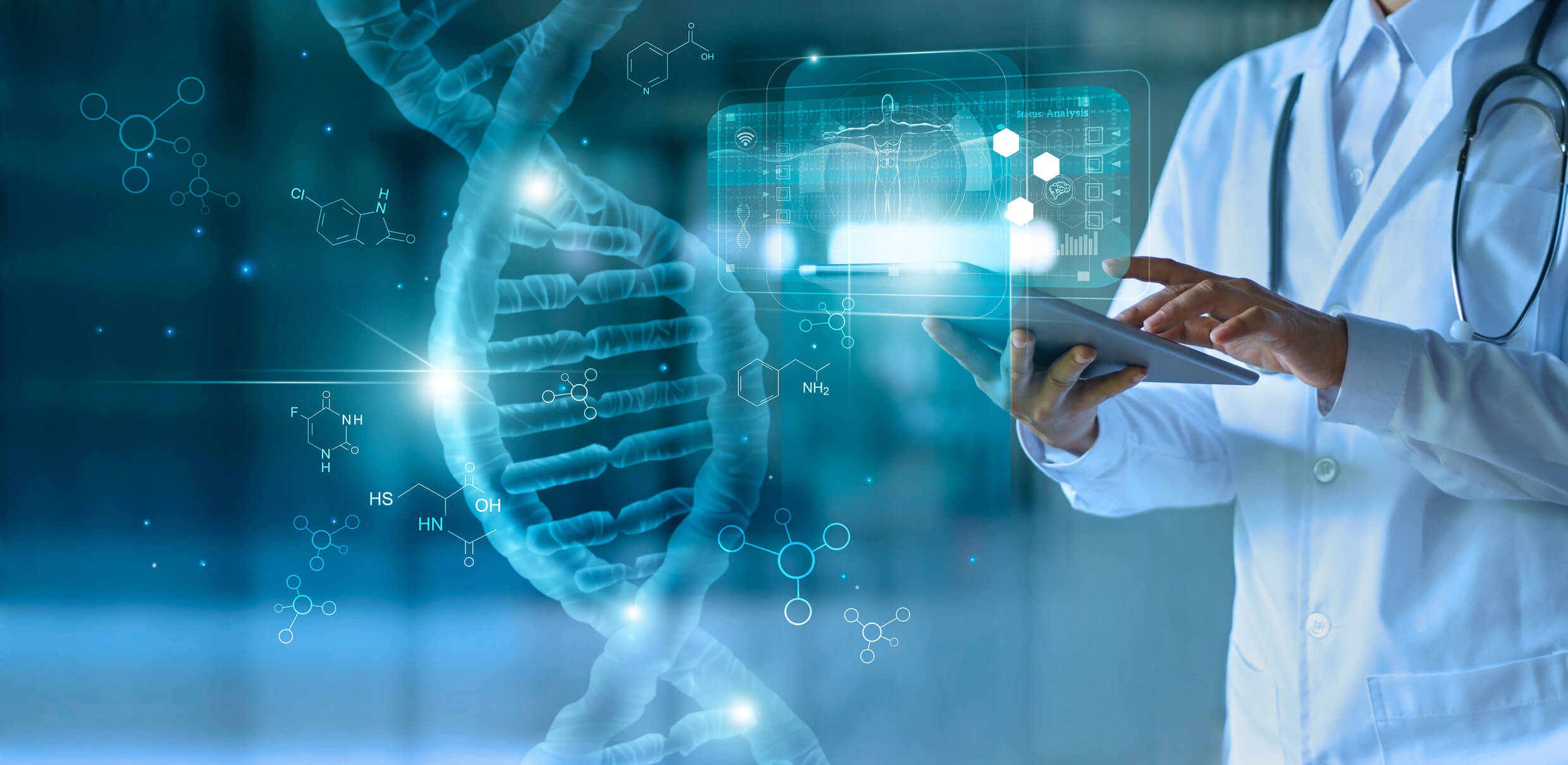Biosensors and bioanalysis
Overall Course Objectives
The course aims at providing you with training and insights into the multidisciplinary field of biosensors, both in terms of assay design and format, state of the art micro/nanofabrication, and statistical analysis of obtained biosensor data. During the course you will acquire basic understanding of the physical/chemical/biological sensing phenomena that are the basis for modern biosensors with applications within fundamental research, environmental control, biotechnology and medical industry. The aim is moreover that you will be trained in statistical techniques involving interpretation and understanding of the obtained biosensor signals and data. Finally it is our aim that you understand the need of inter/cross-disciplinary research collaborations in order for successful biosensor development and application.
Learning Objectives
- Understand the fundamental principles of different biosensor detection principles based on e.g., electrochemical-, fluorescence-, acoustic-, mechanical-, optical readout.
- Describe different natural and artificial recognition elements used to detect small molecules, DNA, proteins and cells.
- Describe different surface functionalization and subsequent immobilisation techniques for attachment of various natural and artificial recognition elements on different surfaces.
- Describe various sensor fabrication techniques.
- Describe potential interfacing and integration issues.
- Identify critical factors that influence the analytical performance of biosensors.
- Understand and perform statistical evaluation of biosensor data.
- Suggest the design of a biosensor system based on a specific analyte and application area.
- Describe the major biosensor application area within diagnostic testing, life science- and environmental research etc.
Course Content
The course covers a range of subjects necessary for successful development-, understanding-, and application of biosensors. You will acquire fundamental insights into: (1) Electrochemical-, mechanical- and optical- transducing mechanism and theories. (2) The function and mechanisms of natural biomaterials (e.g., enzymes, antibodies, receptors, nucleic acids, cells) and artificial materials (e.g., aptamers and molecular imprinted polymer (MIPs)) in bioaffinity based sensing. (3) Biosensor development, including microfluidics/LOC system fabrication technologies, sensor interfacing/integration issues, as well as surface functionalisation and (bio)material immobilisation routes. (4) Critical factors that influence the analytical performance of biosensors (e.g. design, materials, fabrication, assay/sensor design). (5) Bioanalytical statistics involving how to handle, calculate and understand the obtained biosensor data and results. The course will moreover include some basic theoretical or practical exercises, involving biosensor developments, applications and evaluation. Finally it will also include some training in literature search and citation analysis.
Recommended prerequisites
27020, or similar.
Teaching Method
Lectures, classroom discussions, exercises (theoretical), data analysis.
Faculty
Limited number of seats
Minimum: 10.
Please be aware that this course will only be held if the required minimum number of participants is met. You will be informed 8 days before the start of the course, whether the course will be held.





